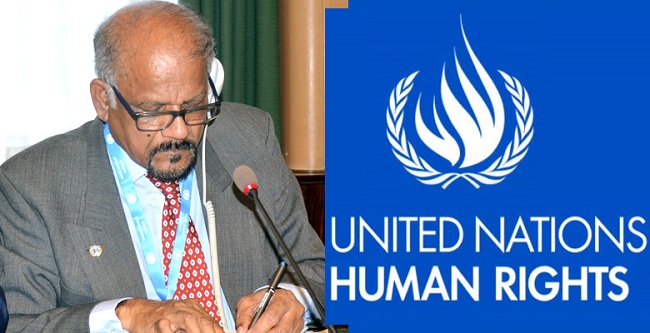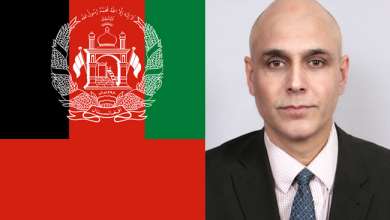The Plight of Kashmir: From 1947 to the Present

Written by: Umair Ijaz
Kashmir is neither a territorial issue nor a bilateral dispute between India and Pakistan. Actually, it is an issue of self-determination of the people of Kashmir recognized by the United Nations Security Council Resolutions. Kashmiris demand two things, Reunion and self-determination. Kashmir Needs Conflict resolution but the immediate need is peace and respect for the human rights of the Kashmiri people especially in the Indian illegally-occupied Kashmir. When someone asks what is Kashmir, there are several answers, but the state of Kashmir is a geographical area that was a princely state from 1846 to the end of the Anglo-Sikh war and had a history of 101 years till 27 October 1947. On this date, Kashmir was forcefully occupied by India due to the movement against the ruler (Maharaja) by the people of Jammu Kashmir which had been suppressed by illegitimate force, Srinagar genocide is the proof of legitimacy that India had.
The marginalization of people in India illegally occupied Kashmir has happened slowly in the last seven decades but the atrocities of Indian forces have enormously increased after the emergence of BJP and the Hindutva ideology in India as well as in Kashmir. The center in India has always controlled the regimes in the sovereign Kashmir by lockdown, curfew, killing the people in the name of terrorism, by creating armed groups to divert the attention towards so-called terrorism from the struggle of the Kashmir movement.
Jammu Kashmir is not just hostage to the forces of India but the systemic oppression and systemic suppression created over the last seven decades which include discrimination of Muslims in Kashmir based on religious hatred like Hindutva. There have been multiple attempts by political leaders to assert that Kashmir is an integral part of Indian territory, despite UN resolutions on the matter.
The new attempt by the Modi government to revoke Article 370 of the Indian constitution on 5 August 2019 which gave Kashmir a special status within the Indian territory. The aim of the Indenisation of Kashmir and creating a dependency of Kashmir on mainland India to subdue the people of Kashmir. This attempt also includes the demerit of Kashmir from state to Union territory and division of Indian occupied Kashmir into two parts Jammu Kashmir and Ladakh to control different ethnicity in the Kashmir differently, some by stick and carrots while other by suppression and force.
For the past four years, the Indian government has been forcefully integrating Kashmiri society into India, employing brutal and oppressive measures. These actions include the imposition of lengthy lockdowns, curfews, and bans on political activities, resulting in the deployment of around 0.9 million soldiers, the arrest of political activists, media censorship, enforced disappearances, forceful detentions, extrajudicial killings, and the house arrest of political leaders.
There have been changes in domicile laws and the allocation of land to outsiders like Biharis, external Hindu groups, as well as the construction of malls by elite Hindus to disrupt indigenous industries and create economic dependence on India. The Indian government has also sought to institutionalize demographic and cultural changes through central rule, new education policy, erasing Kashmiri language and Muslim history, media restrictions and the suppression of freedom of expression in Kashmir.
This strategy has involved manipulating narratives, isolating the Kashmiri population, projecting a sense of normalcy through geo-economic initiatives, promoting tourism and religious pilgrimages, and even hosting a G-20 tourism session under tight security, all aimed at undermining Kashmiri identity and persuading certain factions to align with the Indian system. These actions are attributed to the broader plan of the Modi regime’s Hindutva project.
Kashmir is becoming less important in the international arena due to the changing geopolitics and geo-economics of South Asia. Also, the propaganda and Indian narrative sell in the international trend with schemes like dis-info lab which propagate the false narrative about the Kashmir movement by Indian print and electronic media and radical Hindu organization overseas.
Kashmir is the unfinished agenda of the Partition and should be resolved with peaceful means of the United Nations security resolution. IIOK has been the most impacted part of Kashmir over the last seven decades and the 27 October is the remembrance of the atrocities on the people of IIOJK by the Indian regimes should be treated as a black day.
The writer is a student of Strategic Studies at National Defense University, Islamabad and is currently serving as an intern at Kashmir Institute of International Relations.





